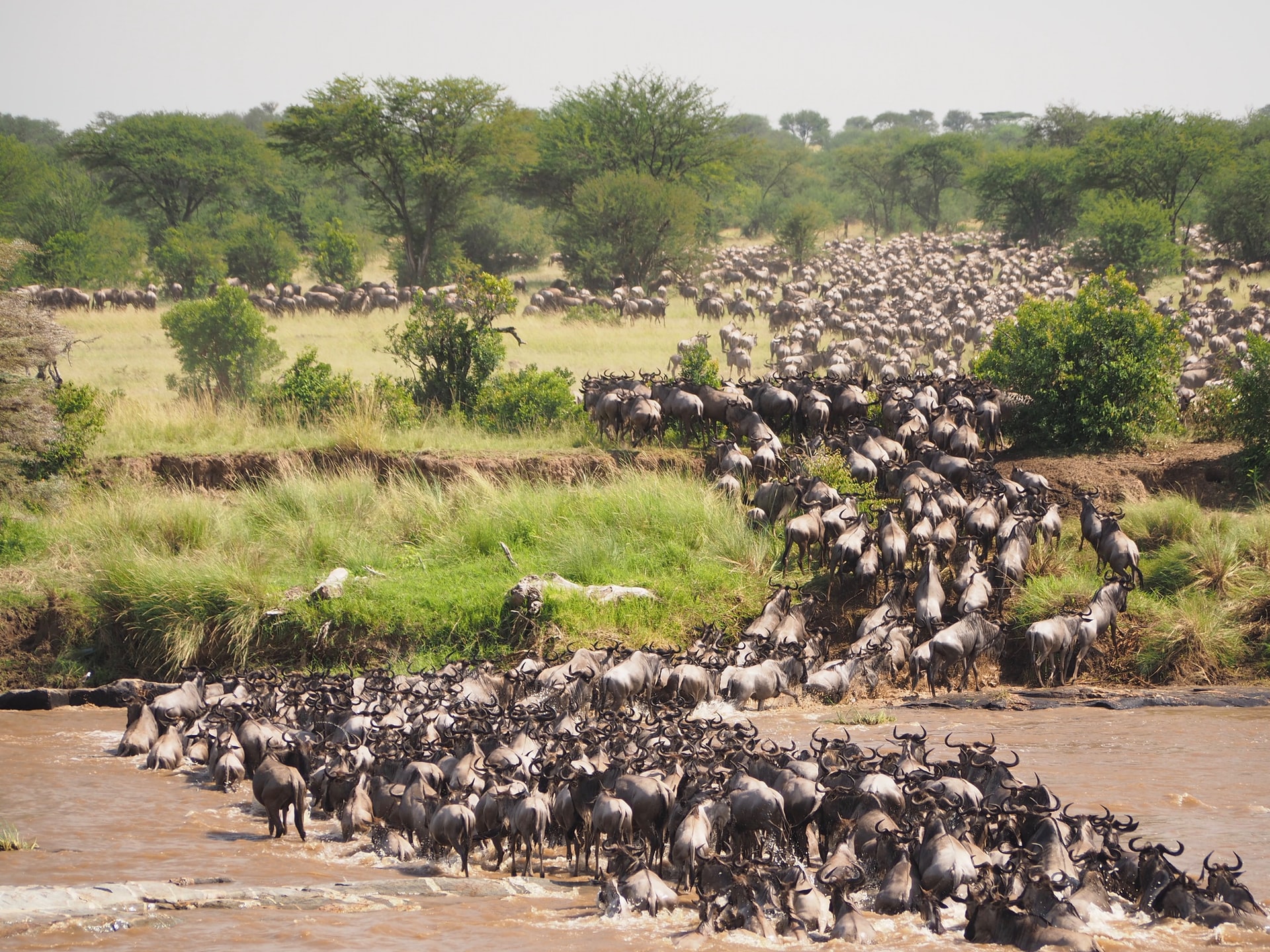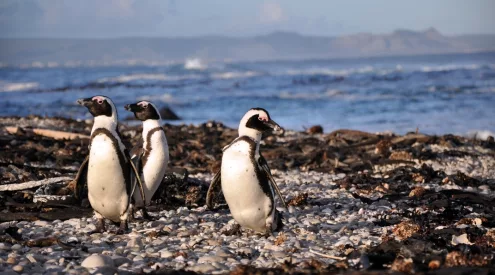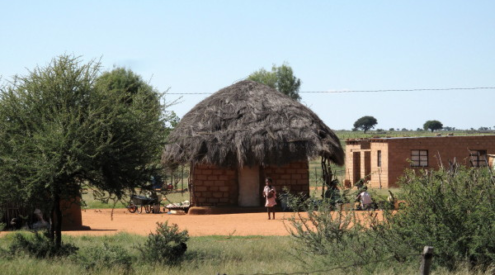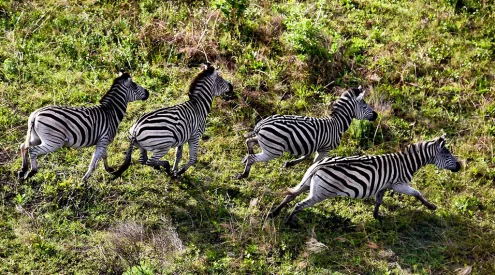Thousands of wildebeest, zebra and other herbivores trekking between Kenya and Tanzania each year is one of the world’s most spectacular sights. However, climate change during recent years may be negatively impacting this natural phenomenon.

From July to October, the wildebeest are in the northern Serengeti plains in Tanzania, and thousands cross the great Mara River into Kenya. But reduced rainfall in Kenya has led thousands of wildebeest to remain in Tanzania and authorities are concerned.
Patrick Omondi, director of Wildlife Research and Training Institute told the Global Times that ‘with failed rains most of the year, we have witnessed very few wildebeests migrating to the Mara. Their migration cannot be guaranteed in the event of dry weather and lack of pasture on the Kenyan side.’
Indeed, the Famine Early Warning Systems Network recently reported that consecutive below-average agricultural seasons have increased household food insecurity.
Scientist and conservationist Saitoti Silantoi elaborated on the key role the wildebeest play in the food chain and environment. ‘The annual wildebeest migration serves a very vital role in the Masai Mara because, you know, they bring that bulk food that predators need,’ he told SkyNews. ‘So if you cut out this main source of food, then basically, the predators would not make it… especially the lions and the hyenas.’
This change in the country’s rainfall patterns can mostly be attributed to climate change, Najib Balala, the cabinet secretary in the Ministry of Tourism and Wildlife, confirmed to the Global Times. ‘We can see clearly there is more rain in Tanzania now than in Kenya… and the wildebeests are now stuck in Tanzania because of climate change,’ he said.
Picture: Getaway gallery
ALSO READ















